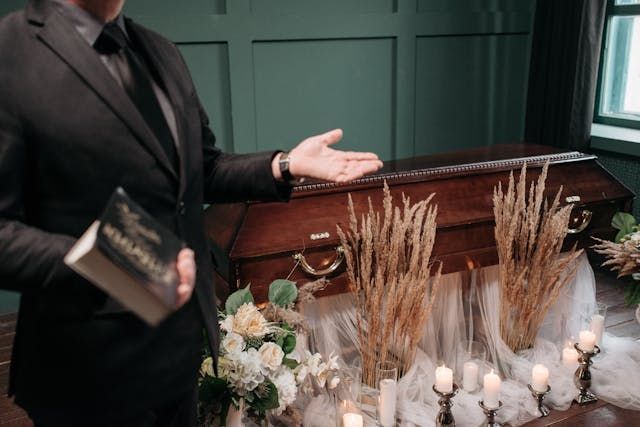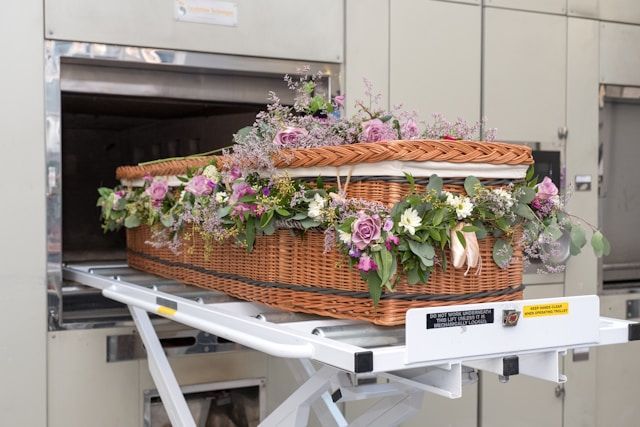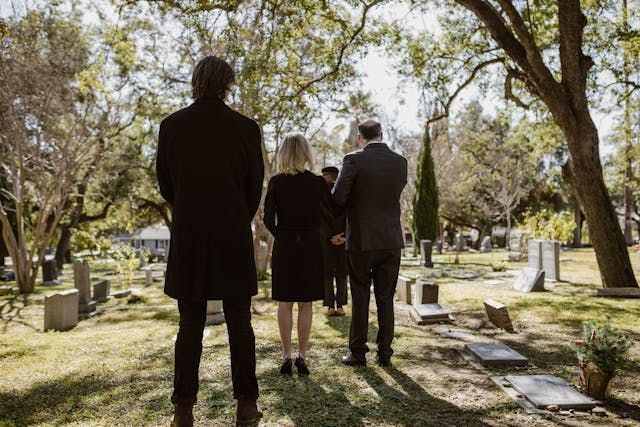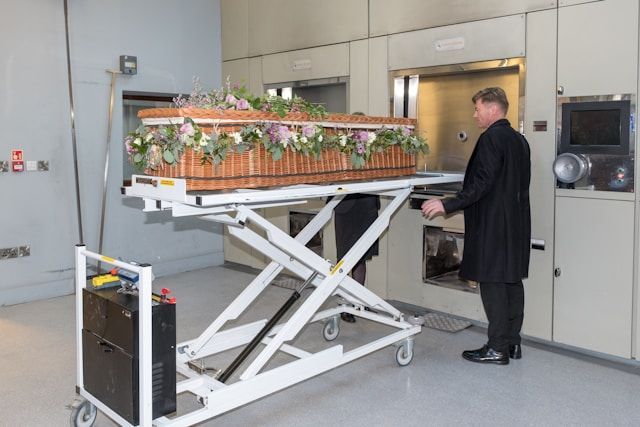In moments of loss, families often seek solace in the customs that have guided generations. Today,
funeral homes near Hanover, PA, are not only places of farewell but also centers of cultural and spiritual connection. As families become more diverse and traditions more varied, the importance of honoring heritage within end-of-life services has grown substantially. Integrating family traditions and religious rites is not just a matter of respect; it is a meaningful way to celebrate a loved one's life in a way that resonates with personal and communal values.
Understanding the Cultural Mosaic of Modern Families
No two families are exactly alike. Religious backgrounds, cultural influences, and personal values shape how people approach life and death. Whether rooted in Christianity, Judaism, Islam, Hinduism, Buddhism, or other belief systems, religious practices during funerals help bring structure and meaning to the grieving process.
For example, Christian services may involve scripture readings and hymns, while Buddhist rites could include chants and symbolic offerings. Some families blend these with personal elements such as favorite music or
unique rituals passed down through generations. When funeral providers are sensitive to these customs, it fosters a sense of peace and authenticity during a challenging time.
The Importance of Personalization
Funeral personalization goes beyond adding a photo montage or choosing a favorite flower. It involves deep conversations with families to understand what traditions are essential to them. This could mean incorporating a specific service order, inviting spiritual leaders to preside, or ensuring that prayer and meditation times are observed. Personalized touches can also include:
- Multilingual service programs
- Ritual objects or religious symbols at the service
- Specific attire requirements, such as traditional garments
- Cultural music or prayers performed live
These additions comfort those in mourning and honor the individual's legacy within their community and faith.
Collaboration with Religious Leaders
Religious leaders often play a key role in funeral services, guiding families through rituals that have deep spiritual significance. Funeral directors who work closely with clergy or spiritual advisors ensure that services align with theological expectations and personal preferences. This collaboration is crucial when navigating complex or unfamiliar customs.
For instance, some rites may require specific sequences or items to be present during the service. An experienced and respectful funeral director can coordinate these details seamlessly, reducing stress for the grieving family and creating a more meaningful event.
Bridging Generational Gaps
In many families, generational differences influence how traditions are perceived. Older generations may hold tightly to formal customs, while younger members might seek more modern or secular expressions of remembrance. Balancing these views requires sensitivity and creativity.
Funeral services that successfully bridge generational gaps often blend traditional rituals with contemporary elements, such as video tributes, digital guest books, or live-streamed ceremonies for those unable to attend in person. These adaptations ensure that the service honors the past while remaining accessible and relevant to all attendees.
Creating a Lasting Legacy Through Tradition
When traditional rites are thoughtfully integrated into a funeral service, they do more than honor the deceased. They serve as a lasting message to future generations about the values and heritage of their family. Participating in or witnessing these rites can instill a sense of identity, belonging, and respect for cultural history.
Whether the ceremony is profoundly religious or more reflective of cultural customs, the underlying message is the same: the life being remembered was unique and significant. Through careful planning and thoughtful execution, families can ensure that their traditions are preserved and
celebrated.
Supporting Families in a Time of Transition
Families need compassionate support as they choose how to honor their loved ones. A funeral provider who listens, advises, and adapts can make all the difference. The best services begin with a conversation—one that explores a family's values, beliefs, and traditions without judgment or assumption.
As expectations evolve and families become more multicultural, funeral directors must remain both respectful and resourceful. Providing flexible, tradition-informed services is no longer an option—it is a necessity.












